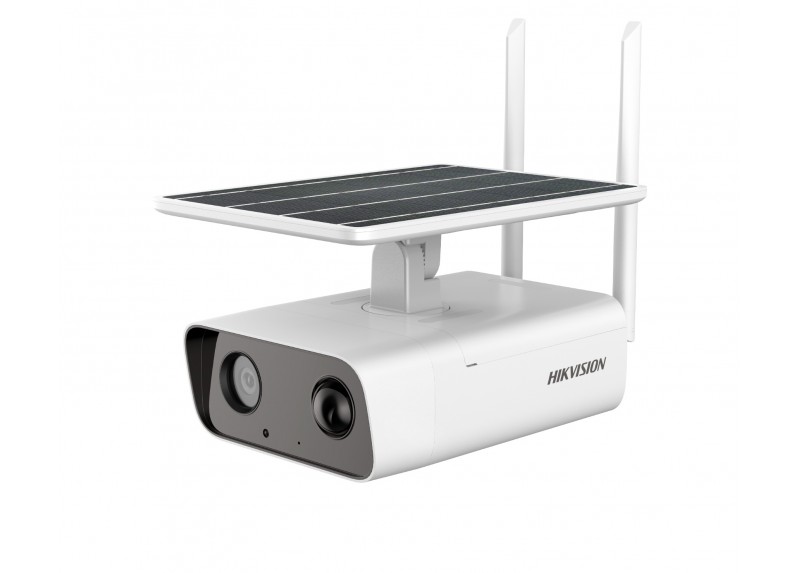72 Hours of Turmoil – Examining the Swiftly Changing National Narrative as breaking news in ghana today live spotlights surging tech innovation.
- Golden Coast Updates: From economic shifts to community empowerment, a comprehensive look at breaking news in ghana today, detailing progress and challenges across the nation.
- Economic Developments and Investment Trends
- Political Landscape and Governance
- Electoral Reforms and Citizen Participation
- Regional Collaboration and Diplomacy
- Local Governance and Decentralization
- Social Progress and Community Empowerment
- Technological Advancement and Digital Inclusion
- Environmental Sustainability and Climate Change
Golden Coast Updates: From economic shifts to community empowerment, a comprehensive look at breaking news in ghana today, detailing progress and challenges across the nation.
The flow of information is constant, and staying informed about current events is crucial in today’s interconnected world. Breaking news in ghana today encompasses a diverse range of developments, from economic shifts and political changes to social issues and advancements in various sectors. Understanding these updates is vital not only for citizens of Ghana but also for those interested in the nation’s progress and its role on the African continent and globally. This comprehensive overview will delve into recent happenings, providing a detailed look at the progress and challenges currently facing Ghana.
Ghana continues to strive for economic stability and growth, facing headwinds from global economic pressures, but also displaying remarkable resilience and innovation. Increased investment in infrastructure, particularly in the areas of transportation and energy, aims to stimulate economic activity and improve the quality of life for Ghanaians. The digital transformation underway, facilitated by greater access to technology and internet connectivity, presents substantial opportunities for entrepreneurs and businesses, boosting the growth and socio-economic upliftment of the nation.
Economic Developments and Investment Trends
Ghana’s economic landscape has been particularly dynamic recently, with fluctuations in currency value and adjustments to monetary policy aimed at controlling inflation. The country’s reliance on commodities, such as cocoa and gold, makes it susceptible to global market volatility, impacting export revenues and economic stability. However, government initiatives focused on diversifying the economy are gaining traction, fostering growth in sectors like tourism and manufacturing.
Foreign direct investment remains a crucial driver of economic growth, with increased interest from international companies looking to capitalize on Ghana’s stable political environment and growing consumer market. Recent investments in the agricultural sector are helping to enhance food security and boost rural incomes. Strategic partnerships with neighboring countries are also facilitating trade and regional integration, spurring economic development across West Africa.
| Sector | Recent Investment (USD millions) | Projected Growth Rate (%) |
|---|---|---|
| Agriculture | 150 | 7.5 |
| Manufacturing | 220 | 9.2 |
| Tourism | 85 | 5.8 |
| Energy | 300 | 12.1 |
Political Landscape and Governance
The Ghanaian political arena is characterized by a vibrant multi-party democracy, with regular elections and a peaceful transfer of power, however recent debates surrounding electoral reforms have brought issues of transparency and fairness to the forefront. The government’s commitment to strengthening democratic institutions and promoting good governance is crucial for maintaining political stability and fostering inclusive development. Calls for greater accountability and transparency in public service are echoed across civil society.
Ongoing efforts to combat corruption and improve the efficiency of public administration are essential for building trust between citizens and the government. Strengthening the rule of law and ensuring equal access to justice are paramount for upholding citizen rights and fostering a conducive environment for investment and economic growth. The involvement of civil society organizations in the governance process is increasingly being recognized as vital for promoting accountability and transparency.
Electoral Reforms and Citizen Participation
Recent discussions surrounding electoral reforms have focused on the implementation of biometric voter registration systems and enhanced security measures to prevent voter fraud. These reforms aim to ensure that elections are free, fair, and transparent, enhancing public trust in the democratic process. Key stakeholders, including the Electoral Commission, political parties, and civil society organizations, have been engaged in consultations to reach a consensus on the optimal approach to electoral reform. The goal is to build a robust and sustainable electoral system that accurately reflects the will of the Ghanaian people— while focusing on the necessary improvements needed in our society.
Regional Collaboration and Diplomacy
Ghana has consistently played a prominent role in regional diplomacy and cooperation, serving as a mediator in conflict resolution and promoting economic integration within West Africa. The country’s strong diplomatic ties with international partners have been instrumental in attracting foreign investment and securing development assistance. Ongoing collaborations with ECOWAS and the African Union are focusing on addressing regional challenges such as terrorism, climate change, and poverty. Ghana actively participates in initiatives aimed at promoting peace, stability, and prosperity across the African continent.
Local Governance and Decentralization
Strengthening local governance structures is a key priority for the government, promoting greater decentralization and empowering local communities to participate in decision-making processes. Initiatives are underway to increase the capacity of local assemblies, improve service delivery, and promote economic development at the grassroots level. Decentralization aims to foster greater accountability and responsiveness to local needs, enhancing the effectiveness of governance and improving the quality of life for citizens.
Social Progress and Community Empowerment
Ghana has made significant strides in social development, particularly in the areas of education and healthcare, yet challenges persist in ensuring equitable access to social services for all citizens. Efforts to improve the quality of education and enhance vocational training are crucial for empowering the next generation and preparing them for the demands of the 21st-century workforce. Expanding access to healthcare services, particularly in rural areas, remains a key priority.
Community empowerment initiatives are playing an increasingly important role in fostering social cohesion and promoting sustainable development. Grassroots organizations and civil society groups are working to address local challenges, promote social justice, and improve the lives of marginalized communities. Investing in social infrastructure and supporting local entrepreneurship are key to building resilient and inclusive communities across Ghana.
- Improved access to quality education
- Enhanced healthcare coverage
- Strengthened social safety nets
- Empowered local communities
- Promoted gender equality
Technological Advancement and Digital Inclusion
Ghana’s digital landscape is rapidly evolving, with increasing access to mobile technology and internet connectivity driving innovation and economic growth. The government’s commitment to promoting a digital economy is evident in initiatives such as the development of a national broadband infrastructure and the adoption of digital payment systems. The expansion of mobile money services is providing financial inclusion for previously unbanked populations.
However, the digital divide remains a significant challenge, particularly in rural areas where access to technology and internet connectivity is limited. Bridging this gap requires targeted investments in infrastructure development and digital literacy programs. Fostering a vibrant tech ecosystem and supporting local entrepreneurs are essential for harnessing the full potential of digital technologies to drive economic growth and social progress.
| Indicator | 2020 | 2023 (Projected) |
|---|---|---|
| Mobile Penetration (%) | 130 | 145 |
| Internet Penetration (%) | 45 | 60 |
| Mobile Money Users (millions) | 25 | 35 |
Environmental Sustainability and Climate Change
Addressing environmental challenges and mitigating the impacts of climate change are critical priorities for Ghana. Deforestation, pollution, and illegal mining pose significant threats to the country’s natural resources and ecosystems. The government is implementing policies aimed at promoting sustainable forest management, reducing pollution, and combating illegal mining activities.
Investing in renewable energy sources, such as solar and wind power, is essential for reducing Ghana’s carbon footprint and ensuring a sustainable energy future. Promoting climate-smart agriculture and implementing adaptation measures to cope with the effects of climate change are also crucial. Collaboration with international partners is vital for accessing the resources and expertise needed to address these pressing environmental challenges.
- Promote sustainable agriculture practices
- Invest in renewable energy sources
- Implement stricter environmental regulations
- Raise awareness about climate change
- Strengthen international climate cooperation
The complex interplay of economic, political, social, and environmental factors shapes the present and future of Ghana. Continued investment in infrastructure, human capital, and sustainable practices, combined with sound governance and regional collaboration, will be vital for overcoming present challenges and realizing the nation’s full potential— ultimately leading to a more prosperous and equitable future.






